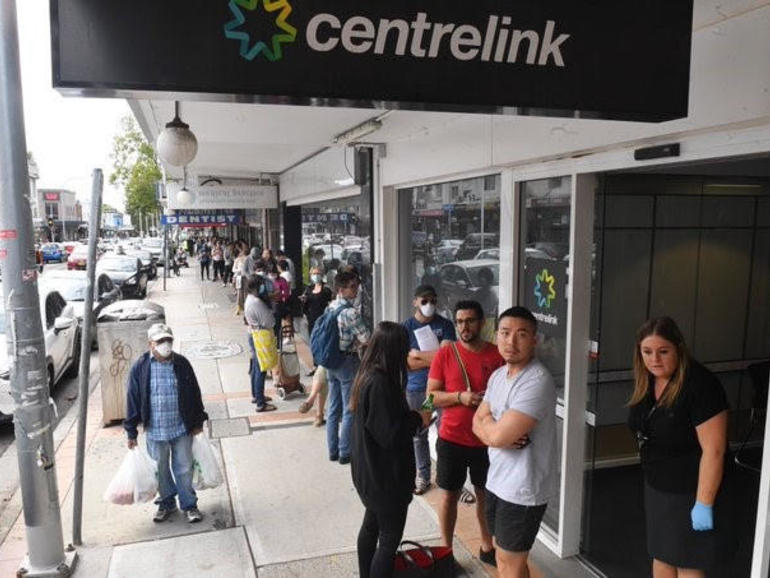Minister for Government Services Linda Reynolds’ claim of “public interest immunity” has been refused by the Senate Community Affairs References Committee, resulting in the committee asking the minister responsible for Centrelink’s income compliance program (ICP) program to hand over the documentation that her predecessor also refused to provide.
On 9 August 2021, Reynolds submitted a claim to the committee [PDF] that she said was reiterating the claims made by former Minister for Government Services Stuart Robert.
The claim for public interest immunity is in respect of information about legal advice relating to the program colloquially referred to as robo-debt, as well as in respect of any deliberations of Cabinet in regards to the ICP.
Reynolds said the claim over information relating to legal advice has been made on two grounds, with the first being the possible prejudice to the Commonwealth in relation to its conduct of litigation. The second, she said, being the “long-held practice of claiming privilege over legal advice and associated documents obtained in the course of normal decision-making processes of government”.
The Centrelink scheme has resulted in approximately 347,000 people being pursued for debts that they did not owe based on an inaccurate, automated calculation of their income, totalling AU$1 billion.
On 14 July, Services Australia advised that AU$726 million had been paid in refunds and about 418,000 people had received a refund or had their debts zeroed.
The program has been the subject of legal action, and on 11 June 2021, the class action brought on by Gordon Legal was settled in the Federal Court with the Commonwealth agreeing to pay AU$112 million in compensation.
“I note that even though the class action has resolved, as recognised by the Federal Court on 11 June 2021, not all potential claims arising out of the income compliance program will be resolved through the class action,” Reynolds’ claim said. “This is because a significant number of class members opted out of the class action and are free to bring their own individual claim, should they wish to.”
See also: Centrelink’s new data-matching approach to avoid robo-debt 2.0
The claim made by Reynolds covers the dates legal advice was sought and provided, the identity of the person or agency that provided the advice, the costs associated, the dates of which briefings or meetings were held, instructions to lawyers, and any legal advice covering the modification or “enhancement” of the ICP.
“The committee continues to maintain that it is ultimately in the public interest for the Commonwealth government to be transparent about the advice it received in relation to the income compliance program,” the committee wrote in its fourth interim report [PDF].
In relation to claims of privilege over legal advice, the committee said the Senate has never accepted legal professional privilege as a ground to refuse to provide information.
“Moreover, the Senate has ‘rejected government claims that there is a long standing practice of not disclosing privileged legal advice to conserve the Commonwealth’s legal and constitutional interests’,” it wrote.
In its report, the committee also notes that many of the questions it has for the minister do not go to the specific detail of the legal advice but instead request general information, such as whether legal advice was sought, whether the advice was provided internally or externally, and the dates when the legal advice was sought and provided.
“The minister has not articulated how the release of such information could prejudice future court proceedings. Ultimately, the committee is not convinced that the disclosure of such information could result in harm to the public interest,” it said.
The committee has made one recommendation, and that is for the Senate to require the production of documents that includes revised responses to all questions relating to legal advice and the ICP which have been subject to the rejected claims of public interest immunity; and a copy of the executive minute to the Minister for Social Services, dated 12 February 2015 or a letter confirming that the above responses relating to legal advice and the executive minute will be provided in camera to the Senate.
The committee wants this produced no later than 24 August 2021.
“In the event that the minister fails to table these documents, the Senate requires the minister to attend the Senate at the conclusion of question time on 25 August 2021 to provide an explanation of the minister’s failure to table the documents,” the committee wrote.
In its second interim report, tabled in September, the committee asked the program be shuttered with an independent review to be initiated immediately.
